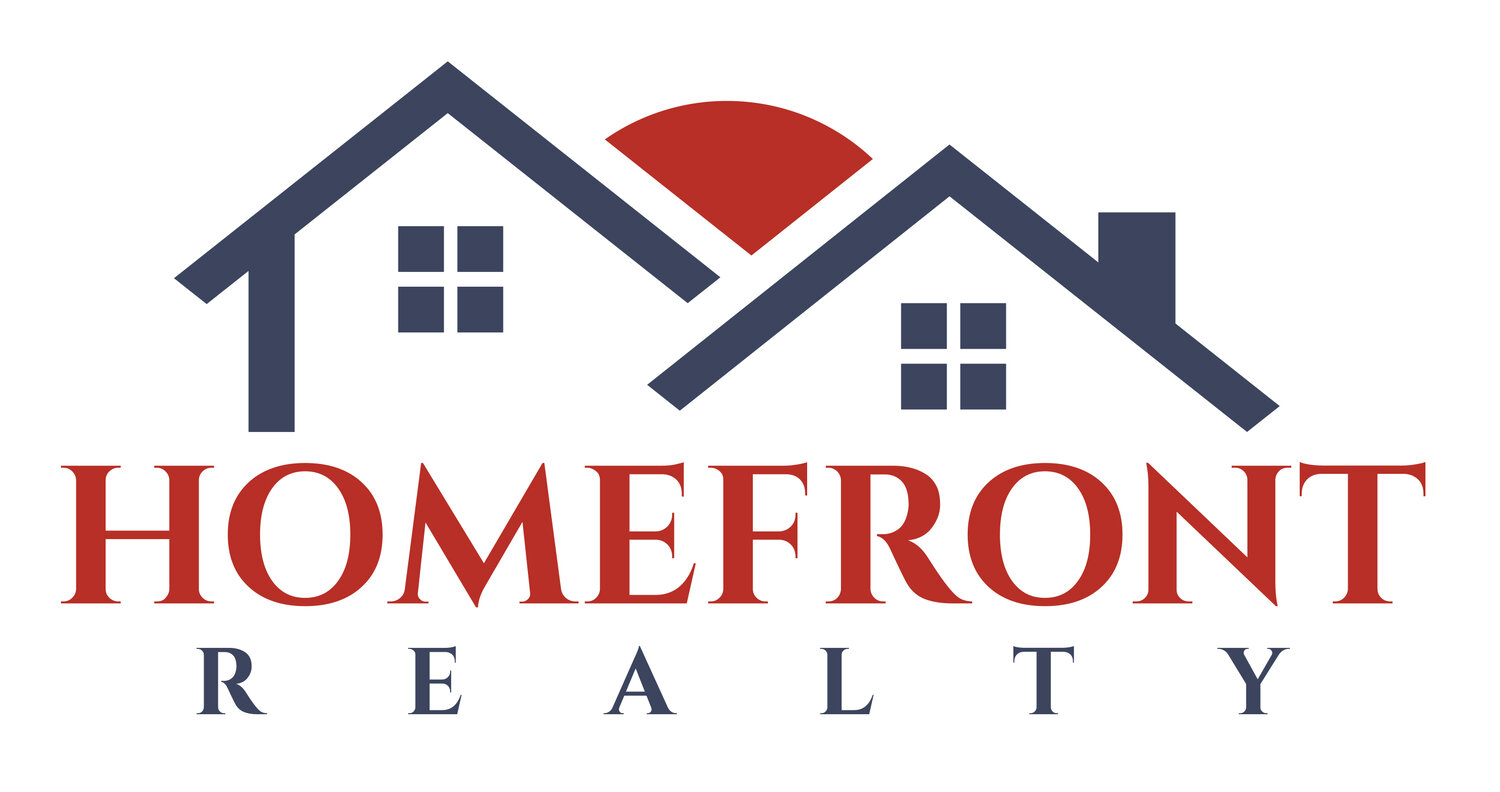Vocabulary: Loans & Lending Terms
Term.
Mortgages are generally available at 15-, 20-, or 30-year terms. In general, the longer the term, the lower the monthly payment. However, shorter terms mean you pay less interest over the life of the loan.
Fixed vs. adjustable interest rates.
A fixed rate allows you to lock in a low interest rate as long as you hold the mortgage and, in general, is a good choice if interest rates are low. An adjustable-rate mortgage (ARM) usually offers a lower rate that will rise as market rates increase. ARMs usually have a limit as to how much and how frequently the interest rate can be increased. These types of mortgages are a good choice when fixed interest rates are high or if you expect your income to grow significantly in the coming years.
Non-traditional mortgages.
Also sometimes called “exotic,” these mortgage types were common in the run-up to the housing crisis, and often featured loans with low initial payments that increase over time.
Balloon mortgage.
This is a form of non-traditional financing where your interest rate will be very low for a short period of time—often three to seven years. Payments usually only cover interest so the principal owed is not reduced. This type of loan may be a good choice if you think you will sell your home at a large profit in a few years.
Government-backed loans.
These loans are sponsored by agencies such as the Federal Housing Administration or the Department of Veterans Affairs. They offer special terms, including reduced interest rates to qualified buyers. VA Loans are open to veterans, reservists, active-duty personnel, and surviving spouses and are one of the only options available for zero down payment loans. FHA loans are open to anyone, and while they do require a down payment, it can be as low as 3.5 percent. Drawbacks include a slower loan process and—for FHA loans—the need to pay mortgage insurance.
However…
As the housing market shifts, so do lending practices. A mortgage broker—an independent professional who acts as an intermediary between you and lending institutions—may be able to help you find a better rate than you can on your own. Also, be sure to shop around; slight variations in interest rates, loan amounts, and terms can significantly affect your monthly payment.
This content is courtesy of the National Association of REALTORS®
